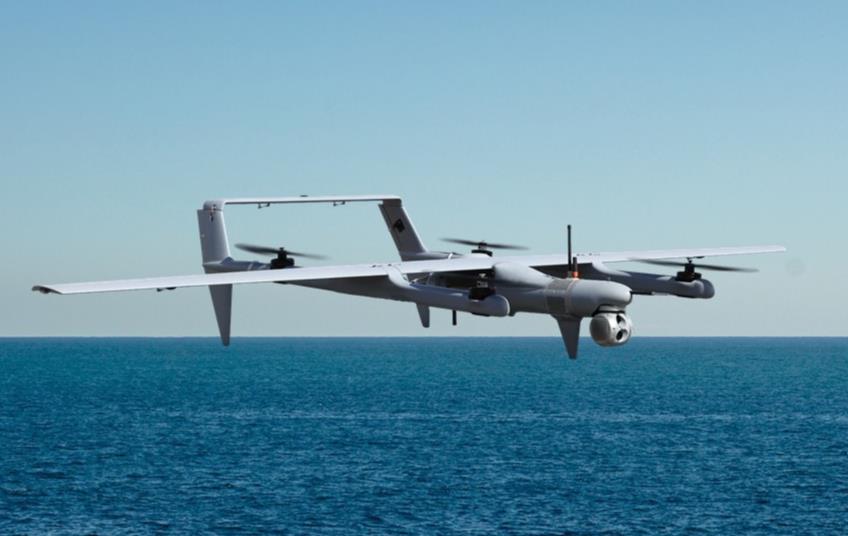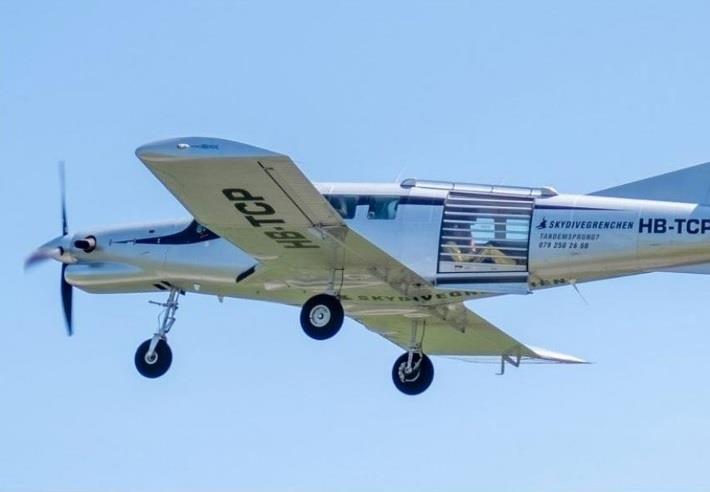Wizz to ‘rationalise’ A321XLR fleet and curb growth after Abu Dhabi axe
Company
Legal Links
Contact
- +44 7947 753363
- contact@skylineairporttransfers.co.uk
- 6 Walsall Street Bilston Wolverhampton WV14 0AT
© Skyline Airport Transfers. Created by![]() Beaphoenix WebDesign ltd
Beaphoenix WebDesign ltd
Popular Locations:
Birmingham: Aston, Bournville, Edgbaston, Erdington, Great Barr, Hall Green, Handsworth, Harborne, Northfield, Quinton, Soho, Sutton Coldfield, Amblecote, Brierley Hill, Coseley, Cradley, Gornal, Halesowen, Kingswinford, Lye, Netherton, Sedgley, Stourbridge, Quarry Bank, Bearwood, Blackheath, Cradley Heath, Great Bridge, Old Hill, Rowley Regis, Smethwick, Tipton, Tividale, Wednesbury, West Bromwich, Balsall Common, Bickenhill, Castle Bromwich, Chelmsley Wood, Dorridge, Elmdon, Hampton in Arden, Kingshurst, Knowle, Marston Green, Meriden, Monkspath, Hockley Heath, Shirley, Aldridge, Birchills, Bloxwich, Brownhills, Darlaston, Leamore, Palfrey, Pelsall, Pheasey, Shelfield, Streetly, Willenhall, Bilston, Blakenhall, Bushbury, Compton, Ettingshall, Heath Town, Oxley, Penn, Tettenhall, Wednesfield, Burntwood, Lichfield, Cannock, Rugeley, KIDDERMINSTER, Brierly Hill,
STOURPORT-ON-SEVERN
Coventry: Allesley, Binley, Keresley, Stoke, Tile Hill
Leicester: Abbey Rise, Ashton Green, Aylestone, Beaumont Leys, Bede Island, Belgrave, Blackfriars, Braunstone, Braunstone Frith, Bradgate Heights, Clarendon Park, Crown Hills, Dane Hills, Evington, Evington Valley, Eyres Monsell, Frog Island, Goodwood, Hamilton, Highfields, Horston Hill, Humberstone, Humberstone Garden, Kirby Frith, Knighton, Mowmacre Hill, Netherhall, Newfoundpool, New Parks, North Evington, Northfields, Rowlatts Hill, Rowley Fields, Rushey Mead, Saffron, Southfields, South Knighton, Spinney Hills, Stocking Farm, Stoneygate, St. Matthew’s, St. Mark’s, St. Peters, Thurnby Lodge, West End, West Knighton, Western Park, Woodgate
Derby: Matlock, Ripley, Ashbourne, ILKESTON, SWADLINCOTE , BURTON-ON-TRENT, BAKEWELL,
ALFRETON, BELPER, HEANOR
Telford: Market Drayton, Newport, Shifnal, Broseley, Much Wenlock
Stoke: Stoke-on-Trent, Newcastle, Leek, Uttoxeter, Stone, Stafford
Worcester: Worcester, Droitwich, Pershore, Broadway, Evesham, Malvern, Tenbury Wells
Gloucester: Gloucester, Cheltenham, Stroud, Cirencester, Tewkesbury, Badminton, Berkeley, Blakeney, Chipping Campden, Cinderford, Coleford, Drybrook, Dursley, Dymock, Fairford, Lechlade, Longhope, LydbrookLydney, Mitcheldean, Moreton-in-Marsh, Newent, Newnham, Ruardean, Stonehouse, Tetbury, Westbury-on-Severn, Wotton-under-Edge.
Nottingham: Nottingham, Sutton-in-Ashfield, Mansfield, Newark, Southwell, Grantham, Sleaford
Leicester: Leicester, Hinckley, Loughborough, Melton Mowbray, Oakham Market, Harborough, Lutterworth, Wigston, Ashby-de-la-Zouch, Ibstock, Markfield
Oxford: Oxford, Kidlington, Chipping Norton, Thame, Wallingford, Didcot, Wantage, Abingdon, Banbury, Carterton, Woodstock, Bicester, Witney, Chinnor, Watlington
Chester: Chester, Deeside, Bagillt, Buckley, Holywell, Birkenhead, Preston, Wallasey, Wirral, Neston, Ellesmere Port, Prenton
Airports we serve:
BHX: Birmingham Airport
EMA: East Midlands Airport
LHR: London Heathrow Airport
MAN: Manchester Airport
LGW: London Gatwick Airport
LTN: London Luton Airport
SOU: Southampton Airport
BRS: Bristol Airport
LPL: Liverpool John Lennon Airport
LCY: London City Airport
STN: London Stansted Airport



Wizz Air chief Jozsef Varadi says the budget carrier is “rationalising” its Airbus A321XLR programme, following the decision to suspend its Middle Eastern operation.
The airline is to axe its Wizz Air Abu Dhabi division from 1 September.
Wizz started taking delivery of 47 A321XLRs in its fiscal first quarter, but the Abu Dhabi operation had been among the reasons for ordering the type.
In a first-quarter briefing Varadi says the airline will focus instead on its European markets, and the A321XLR rationalisation is to “ensure we have the right fleet for the network design”.
Varadi adds that the revision means that carrier will need to reduce its growth rate to “levels that support the demand” of the future network.
“This will require modification to our aircraft delivery schedules,” he states, adding that the airline is also retiring as many older A320-family jets as feasible.
Wizz Air had 236 aircraft at the end of June, including 157 A321neos – following the introduction of 10 during the quarter – as well as the initial XLR.
Varadi says the carrier is “pursuing all avenues” to restore aircraft grounded by Pratt & Whitney GTF engine issues to flight.
It had 41 still out of service at the end of June, although the trend is improving, and the full-year average is forecast to be 35.
Wizz Air adds that it is holding more than twice the number of spare engines that it would normally expect, owing to shorter time-on-wing intervals than expected for the powerplants.
The company says its recent selection of more GTF engines for its fleet will give it access to spare powerplants to “accelerate” the return to service of grounded jets.
Varadi says the company wants to concentrate on operating in “environmentally benign” regions – the carrier had cited engine reliability as one of the reasons for its Abu Dhabi withdrawal – as well as areas in which it already has market share.
“We believe our core Central and Eastern European markets satisfy both these criteria,” he says. “As such, we have developed initiatives that steer network design to focus on these markets.”
Wizz Air’s first-quarter operating profit was down by 38% to €27.5 million ($32.3 million), on a 13% increase in revenues to €1.43 billion. It attributes the profit decline to the engine groundings, as well as higher aeronautical charges and depreciation costs.
Source link
Share This:
skylinesmecher
Plan the perfect NYC Memorial Day weekend
Pack only what you need and avoid overpacking to streamline the check-in and security screening…
LA’s worst traffic areas and how to avoid them
Consider using alternative routes, such as Sepulveda Boulevard, which runs parallel to the 405 in…
French navy to field new VTOL version of Aliaca surveillance drone
The French navy will field its first vertical take-off and landing (VTOL) example of the…
Pilot of crippled skydiving 750XL did not carry own rescue parachute
Swiss investigators have highlighted a prior recommendation that pilots of skydiving aircraft should also wear…
Speed-data entry error preceded 747-400F’s undetected tail-strike
German investigators have disclosed that an Air Atlanta Icelandic Boeing 747-400 freighter captain entered an…
Leonardo’s M-346 demonstrates FITS4TOP networked training technology for EU
Leonardo has led a demonstration of live, virtual and constructive (LVC) training involving its M-346…
USAF debuts EA-37B Compass Call electronic warfare jet in Europe
The US Air Force’s (USAF’s) new electronic warfare aircraft has made its inaugural appearance in…
Wizz Air discussing transfer of upcoming A321XLRs to ‘another operator’
Wizz Air is discussing transfer of five remaining Airbus A321XLR deliveries to another operator ahead…
Moscow Domodedovo airport to be acquired by rival Sheremetyevo following auction
Moscow Domodedovo airport is to be acquired by an entity linked to the Russian capital’s…
Wizz Air not forced to deploy A321XLR exclusively on long-haul routes: chief
Budget carrier Wizz Air’s chief, Jozsef Varadi, insists that the carrier does not feel compelled…
Airbus’s ‘Beluga 5’ to be converted into science education facility at Broughton
Airbus is to convert one of its A300-600ST Beluga outsize transports into a science and…
Raytheon nears rate production of PhantomStrike radar for FA-50, autonomous fighter jets
Raytheon is ramping toward the start of rate-production later this year on the company’s PhantomStrike…